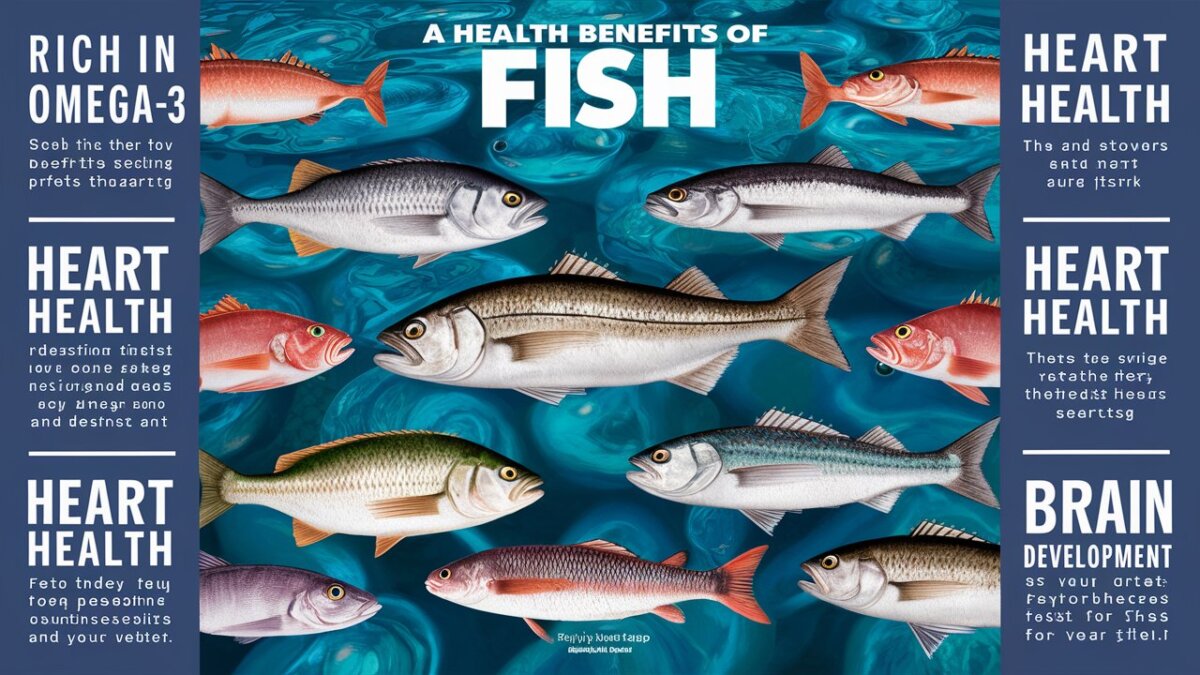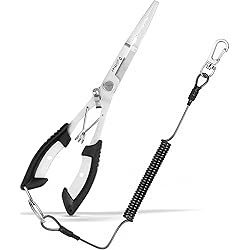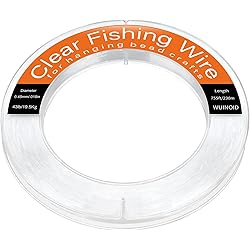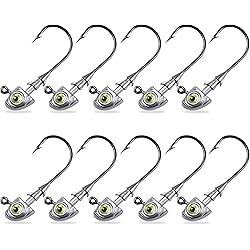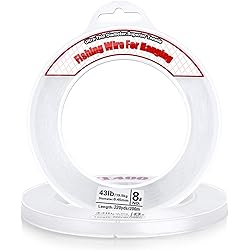The Health Benefits of Eating Fish, Eating fish is not only a culinary delight but also a boon for your health. The numerous benefits derived from consuming fish make it an essential part of a balanced diet.
From heart health to brain function and even mental well-being, fish offers a wealth of advantages that are difficult to overlook.
This comprehensive guide will delve into the myriad health benefits of eating fish, backed by scientific evidence, and provide nutritional insights to help you make informed dietary choices.
PRN De Dry Eye Omega 3 Fish Oil – Support for Dry Eyes
1. Nutritional Profile of Fish
Fish is a nutrient-dense food, packed with essential vitamins, minerals, and healthy fats. Here’s a breakdown of the key nutrients found in fish:
- Protein: Fish is an excellent source of high-quality protein, which is crucial for building and repairing tissues, producing enzymes and hormones, and supporting overall growth and development.
- Omega-3 Fatty Acids: Fish, particularly fatty fish like salmon, mackerel, sardines, and trout, are rich in omega-3 fatty acids. These essential fats play a vital role in brain function by reducing inflammation and lowering the risk of chronic diseases.
- Vitamins: Fish is a beneficial source of several vitamins, including vitamin D (important for bone health), vitamin B12 (essential for nerve function and red blood cell production), and vitamin A (crucial for vision and immune function).
- Minerals: Fish provides important minerals such as iodine (vital for thyroid function), selenium (an antioxidant that helps protect cells from damage), and zinc (essential for immune health and wound healing).
2. Heart Health
One of the most well-documented benefits of eating fish is its positive impact on heart health. The omega-3 fatty acids found in fish are particularly beneficial for cardiovascular health. Here’s how:
- Omega-3 fatty acids help reduce inflammation throughout the body, which is a key factor in the development of heart disease.
- Lowers Blood Pressure: Regular consumption of fish can help lower blood pressure levels, reducing the risk of hypertension and its associated complications.
- Enhances Lipid Profile: Research indicates that fish oil can reduce triglyceride levels and elevate HDL (good) cholesterol levels, both crucial for preserving a healthy lipid profile.
- Prevents Arrhythmias: Omega-3 fatty acids help stabilize heart rhythms, reducing the risk of arrhythmias (irregular heartbeats) that can lead to sudden cardiac death.
- Reduces Risk of Heart Disease: Numerous studies have shown that people who consume fish regularly have a lower risk of heart attacks, strokes, and other cardiovascular diseases.

3. Brain Health and Cognitive Function
People often refer to fish as “brain food,” and with excellent reason. Omega-3 fatty acids, particularly DHA (docosahexaenoic acid), play a critical role in brain health. Here’s how fish consumption benefits cognitive function:
- Supports Brain Development: DHA is a major structural component of the brain, and adequate intake is essential for infants and young children’s brain and nervous system development.
- Improves Cognitive Function: In older adults, regular consumption of fish has been associated with improved cognitive function and a slower rate of cognitive decline.
- Reduces Risk of Neurodegenerative Diseases: Some studies suggest that omega-3 fatty acids may help protect against Alzheimer’s disease and other forms of dementia by reducing inflammation and oxidative stress in the brain.
- Enhances Mental Well-being: There is evidence to suggest that omega-3 fatty acids can help reduce symptoms of depression and anxiety, improving overall mental well-being.
4. Eye Health
The nutrients found in fish are also beneficial for maintaining excellent vision and eye health. Here’s how the fish can help:
- Prevents Age-related Macular Degeneration (AMD): Omega-3 fatty acids, particularly DHA, are important for retinal health. Studies have linked regular consumption of fish to a reduced risk of AMD, a leading cause of blindness in older adults.
- Supports Visual Development: DHA is essential for infants’ visual system development, making it important for pregnant and breastfeeding women to consume adequate amounts of fish.
5. Bone health
Fish is a beneficial source of vitamin D, which is crucial for bone health. Here’s how eating fish can benefit your bones:
- Enhances Calcium Absorption: Vitamin D helps the body absorb calcium, which is necessary for maintaining strong and healthy bones.
- Prevents Osteoporosis: Adequate vitamin D intake, along with calcium, can help prevent osteoporosis, a condition characterized by weak and brittle bones.
6. Immune function
The vitamins and minerals found in fish play a vital role in supporting the immune system. Here’s how fish consumption can enhance your immune function:
- Boosts Immune Response: Nutrients like vitamin A, vitamin D, and zinc are essential for maintaining a healthy immune response, helping the body fight off infections and illnesses.
- Fish contains selenium, a potent antioxidant that helps shield cells from damage from free radicals.
The Health Benefits of Eating Fish

7. Weight Management
Incorporating fish into your diet can also support weight management and overall metabolic health. Here’s how:
- High in Protein, Low in Calories: Fish is a beneficial source of high-quality protein, which can help you feel full and satisfied while reducing your overall calorie intake.
- Boosts Metabolism: Protein has a higher thermic effect compared to fats and carbohydrates, meaning your body burns more calories digesting and metabolizing protein.
- Promotes Fat Loss: Some studies suggest that the omega-3 fatty acids in fish may help reduce body fat and improve body composition.
8. Skin Health
The omega-3 fatty acids and vitamins found in fish can also benefit your skin. Here’s how:
- Reduces Inflammation: Omega-3 fatty acids help reduce inflammation in the skin, which can improve conditions like acne, eczema, and psoriasis.
- Improves Skin Hydration: Omega-3s help maintain the skin’s lipid barrier, preventing dryness and promoting overall skin hydration.
- Protects Against UV Damage: According to some studies, antioxidants in fish, such as selenium, can help shield the skin from UV radiation damage.
Marine Collagen Powder for Women & Men
9. Pregnancy and Infant Health
Eating fish during pregnancy can provide important nutrients for both the mother and the developing baby. Here’s how:
- Supports Fetal Development: Omega-3 fatty acids, particularly DHA, are critical for the brain and eyes of the baby.
- Reduces Preterm Birth Risk: Some studies suggest that adequate omega-3 intake during pregnancy can reduce the risk of preterm birth.
- Improves Maternal Health: The nutrients in fish can also benefit the mother’s health, reducing the risk of postpartum depression and supporting overall well-being.

10. Types of Fish and Their Benefits.
The nutritional profile of fish varies. Here are some of the best types of fish to include in your diet, along with their specific benefits:
- Salmon: Rich in omega-3 fatty acids, vitamin D, and selenium, salmon is one of the best choices for heart health, brain function, and overall well-being.
- Mackerel, another fatty fish, is high in omega-3s and provides a beneficial source of vitamin B12, which is important for nerve health.
- Sardines: Packed with omega-3s, vitamin D, calcium, and selenium, these small fish are beneficial for bone health and overall nutrition.
- Trout: High in omega-3 fatty acids and protein, the fish is an excellent choice for heart health and muscle maintenance.
- Tuna, a versatile fish rich in protein and omega-3s, is beneficial for heart health and cognitive function. However, it is important to choose varieties with lower mercury levels.
- Cod: A lean fish that provides a beneficial source of protein, vitamin B12, and iodine, cod is a healthy option for those looking to manage their weight.
11. How to Incorporate Fish into Your Diet
Here are some practical tips to help you incorporate more fish into your diet:
- Start with Simple Recipes: If you’re new to cooking fish, start with simple recipes like baked salmon, grilled mackerel, or tuna salad.
- Try Different Cooking Methods: Experiment with different cooking methods, such as baking, grilling, poaching, and steaming, to find the ones you enjoy the most.
- Include Fish in Your Weekly Meal Plan: For optimal health benefits, aim to include fish in your meals at least two to three times per week.
- Choose Sustainable Options: When possible, choose sustainably sourced fish to support environmental health and ensure long-term fish availability.
12. Addressing Concerns About Mercury and Contaminants
While fish is incredibly nutritious, some types of fish contain mercury and other contaminants. Here are some tips to minimize your risk:
- Choose Low-Mercury Fish: Opt for fish that are lower in mercury, such as salmon, sardines, trout, and mackerel. Avoid high-mercury fish like sharks, swordfish, king mackerel, and tilefish.
- Limit Consumption of Certain Fish: If you consume mercury-rich fish, limit your intake to once a week or less.
- Check Local Advisories: Pay attention to local advisories about the safety of fish caught in local waters, especially if you’re fishing recreationally.

Conclusion
One of the healthiest diet choices is fish. From heart and brain health to improved skin and immune function, the benefits of eating fish are extensive and well-supported by scientific research.
By choosing a variety of fish and preparing it in healthy ways, you can enjoy these benefits while also treating your taste buds to delicious meals.
When selecting fish, remember to consider sustainability and mercury levels, and aim to include it in your diet regularly to maximize its positive impact on your health.
Whether you’re a seafood enthusiast or new to the world of fish, this nutritional guide provides all the information you need to make informed choices and enjoy the many health benefits that fish has to offer.
So go ahead, add more fish to your plate, and savor the goodness it brings to your health and well-being.
Hooked on Tech: Exploring the latest Fishing Gadgets that Anglers swear by.
In the realm of angling, where tradition and technology often converge, a new wave of fishing gadgets has emerged, transforming the way anglers approach their craft.
From advanced fish finders to smart bait systems, these innovations have not only revolutionized the fishing experience but have also garnered a loyal following among anglers worldwide.

